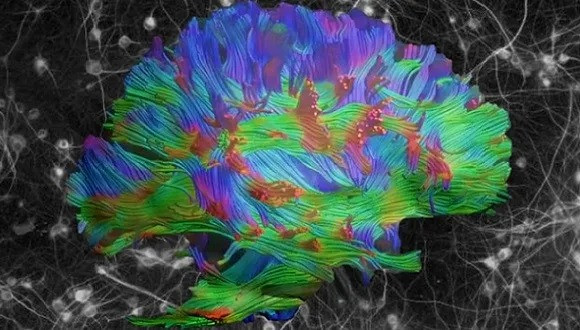Neurobiology and Behavioral Neuroscience
This program offers a master’s degree with research tools that covers the entire biological spectrum: molecular and cellular methods, genetics, animal behavior, microscopy, histology, brain imaging, electrophysiology and behavior
Graduate program in Neurobiology and Behavioral Neuroscience
About the Program
Neuroscience is burgeoning multi-disciplinary field. Alongside the long-lasting battle in neuroscience to understand the brain and how it works, the influence of neuroscience on technology and the industry became immense in recent years affecting many aspects of our daily lives. The need to understand the mechanisms behind behavior and brain degeneration is larger than ever. While 150 years of modern neuroscience lead to many discoveries and knowledge, there is much more we don’t know and need to explore.
Understanding of neurodegenerative mechanisms and diseases, the relation between brain physiology and behavior are all studied via cutting edge empirical methods. To understand the brain we need research using multidisciplinary approaches and tools. The fields of neurobiology and behavioral neuroscience sit at the heart of this research. The track in neurobiology and behavioral neuroscience provides a prime entering point for a student to take their first steps in neuroscience.
The track offers to perform state-of-the-art research in leading world-class labs throughout the faculty of life sciences including the school of neurobiology, biochemistry and biophysics as well as selected labs within the school of psychological sciences. The track provides a Master of Science degree in Life Sciences in the track of neurobiology and behavioral neuroscience.
Why Neurobiology and Behavioral Neuroscience?
Students in the track of neurobiology and behavioral neuroscience will have access to a large number of elective advanced courses covering all aspects of neuroscience research from the molecular and cellular level to system whole brain investigation. Students can gain training in methods that includes cellular and molecular biology, biochemistry, histology, neuroimmunology, microscopy, electrophysiology, brain imaging (MRI), animal behavior, human behavior and computational modeling.
Head of Track: Dr.Anan Moran
One of the major challenges of science today is understanding the nervous system and the brain. These include understanding the structural processes and functions of the nervous system, its development as well as changes and degenerative processes that cause neurological and psychiatric diseases. The main objectives of the studies conducted in this important program of Neurobiology and Behavioral Neuroscience are:
- Basic study of the nervous system activity, from the synapse level to the whole brain using electrophysiological and imaging methods.
- Basic understanding of degenerative and other processes in the nervous system at the molecular and genetic level.
- Use of biotechnological and pharmacological approaches for the diagnosis and treatment of degenerative diseases, malignancies and neurological and psychiatric diseases.
- Use of behavioral methods combined with physiological measurements to understand the effect of the brain on behavior and vice versa.


